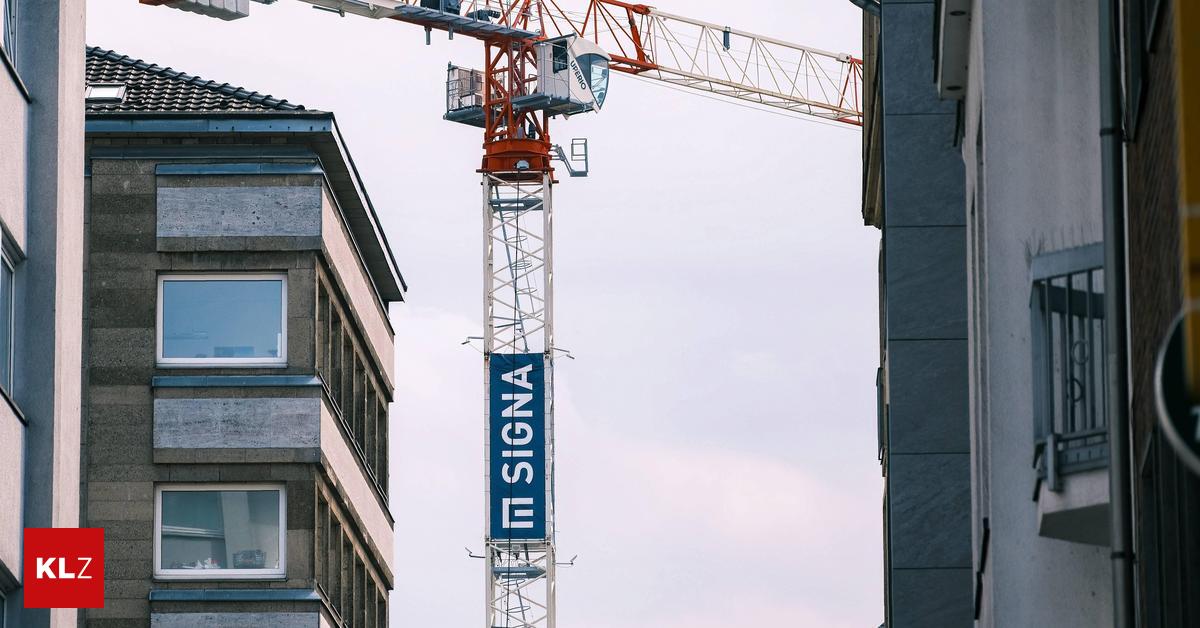– Now comes the demonstration against the demo ban
The ban on large demonstrations in downtown Bern is dividing the political scene: citizens are supporting the local council. The left wants to whistle him back.
Published today at 7:15 p.m
There won’t be any more pro-Palestine rallies in Bern in the next few weeks.
Photo: Jürg Spori
Zibelemärit and light show: yes. Larger rallies and parades: no. This is how the Bern local council imagines the pre-Christmas period. He bans large demonstrations from the city center for five weeks. This is because of the “tense atmosphere” at past Palestine demos and because various events and major events are already scheduled. It’s a decision that’s making waves.
There is resistance, especially in the left-wing camp. “A blanket ban is the wrong approach,” says Barbara Keller, parliamentary group leader of the SP and Juso City of Bern. Commercial events would be placed above democratic rights. The co-group president of the Green Alliance and Young Alternatives, Lea Bill, is also highly critical of the city’s decision. “It’s a mystery to me what legal basis the local council is relying on,” says Bill.
It is clear to both parties: they do not want to accept the city’s decision. On Thursday they worked out several proposals. Among them: an urgent motion calling on the local council to reverse the decision.
But what would the left be if it didn’t also offer resistance on the streets? The Alternative Left has already announced a demonstration against the demo ban – during the demonstration-free period. If your application for approval is rejected, you will take legal action against it.
Will there be a complaint?
Depending on what happens at the political level, the Association of Democratic Lawyers in Bern (DJB) also wants to get involved and, if necessary, take legal action against the ban. “We are currently examining our options,” says managing director Selma Kuratle when asked.
The association had previously criticized the city’s decision in a statement as “disproportionate and unlawful”. According to Kuratle, it contradicts the constitutionally protected freedom of assembly. Proportionality is not present because the city did not choose the mildest possible means, namely examining each application individually.
The lawyer and city councilor Simone Machado (GaP) has experience with the legal process. During Corona times, she opposed the city’s de facto ban on rallies at the time. The Federal Court upheld their complaint. According to the verdict, the canton of Bern had restricted rallies too much and thereby violated the constitution. She now also wants to consider further steps.
“Should we cancel the Christmas markets or Macron’s state visit?”
Reto Nause, Bern security director
Despite left-wing criticism: Bern’s security director Reto Nause (center) does not question the restriction on the rallies. He emphasizes that the decision will be supported by the entire local council. “Should we cancel the Christmas markets or Macron’s state visit?” he asks critics. In addition, it is not a ban, as small vigils are still possible in the city center – we are talking about the Upper and Lower Old Town. Rallies outside the city center perimeter also remained possible.
According to the Security Directorate, a vigil is a quiet memorial event without loud slogans that has a certain appeal character. It is not possible to determine from a number when a demonstration is classified as large or small. “The decisive factor is what information the organizers themselves provide about the expected number of participants and in which circles the mobilization takes place.”
Citizens support ban
The bourgeois parties are behind the Bern city government. “There is a great risk of criminal acts during the solidarity rallies for Palestine. That’s why I think the ban is good,” says Alexander Feuz, parliamentary group leader of the SVP in Bern. In Germany, such demonstrations called for the caliphate. “But from a legal point of view, the interference with the right to demonstrate is controversial,” admits Feuz.
Smaller demonstrations and rallies, like the one on Thursday on the topic “Abolish the obligation to obtain passports for Eritreans in Switzerland!” on Bundesplatz should still be possible.
Photo: Nicole Philipp
René Lenzin, co-president of the FDP City of Bern, also understands the decision. He emphasizes the limited duration of the provision: “The ban applies for five weeks, at a time that is politically charged and with other events that are heavily burdened in terms of security.” Lenzin also understands the content: “I have a hard time with the attitude of certain demonstrators, especially the simmering anti-Semitism,” he says.
Zurich also wants a ban on demos
Bern is not alone in its decision. There are also calls for a ban on demonstrations in Zurich. “I don’t want German conditions,” said Zurich security director and district president Mario Fehr (independent) to the NZZ. In Germany, anti-Israel demonstrations were hijacked by extremists, who could also spread hatred in Switzerland. That’s why Fehr wants to fundamentally ban pro-Palestine demonstrations.
If there are large demonstrations, this also affects the police. Adrian Wüthrich, President of the Bernese Police Association, confirms that the past few months have been stressful for the police force due to the many events. Fewer rallies are therefore in the interests of the employees. However, Wüthrich emphasizes that the police are always efficient and could request the support of the police concordat if there is an accumulation of operations.
More articles on demonstrations in BernSimone Klemenz writes in the Bern department about city life, people and social trends. She studied media and European studies in Friborg.More informationLisa Kwasny is a sociologist and philosopher. She is doing an internship in the Bern department. More info
Found an error? Report now.
12 comments
2023-11-09 20:36:49
#Bernese #parties #react #demonstration #demo #ban


